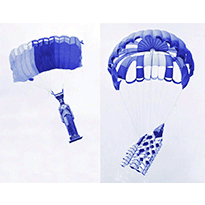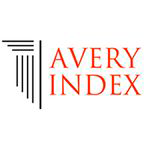Forgetting Acceptances
On the Productivity of Moments of Crisis
Abstract
This research brings into question the potential of the act of forgetting acceptances to change and transform the present and future, and to reveal possible opportunities. Going against the acceptances and forgetting them can create visionary architecture by uncovering the unknown and unpredictable. For this reason, crisis seems vital in being visionary. Because in the moments of crisis, the extraordinary happens and existing acceptances cannot produce solutions, non-existent things need to be produced and comprehended. In this context, the study draws attention that architecture is also a science. Just as science tries to make sense of complex networks to overcome chaos, visionary architecture attempts to find solutions to the uncertain environments of crisis with experimental works. In this direction, the study aims to take the constructed conceptual framework forward, by focusing on research carried out in the laboratory of Cloud 9. The non-standard systems designed by Cloud 9 help to discover the set of values caused by moments of crisis and which acceptances have been gone out of over this set. In the result of the study, an initiative is brought to being visionary by deciphering the relationships before and after the act of forgetting.
Downloads

Downloads
Published
How to Cite
Issue
Section
License
Copyright (c) 2024 Ayşe Tuğçe Pınar Akın

This work is licensed under a Creative Commons Attribution 4.0 International License.
The authors keep their rights upon their work, although they transfer, in a non-exclusive way, the rights of exploitation (reproduction, publication, distribution, public dissemination and presentation) to the Journal. The authors are, therefore, free to enter additional, separate contracts for the non-exclusive distribution of the version of the work published in the Journal (for instance, by hosting in an institutional repository or publication in a book), provided credit is given that the work was initially published in this journal. The works are published under a Creative Commons Attribution 4.0 (CC BY 4.0) license.











